The solution that provides a decent living and a healthy ocean
A problem that affects both people and planet
European fish stocks suffer from chronic overfishing, with around 40% of Atlantic stocks being fished at above sustainable levels, and 85-90% in the case of Mediterranean fish stocks. Small-scale fishing fleets are micro- or nano- family-owned businesses, catching high-quality fresh fish on a daily basis, with the owner and family members as fishing crews. They represent around 70% of the active European fleet but are only able to take 5% of the total catch volume due to unfair and misguided fisheries policies. These favour larger scale, more industrialised operations.
Since the early beginnings of the European Union with the Treaty of Rome, and through successive Common Fisheries Policies, the aim has been to increase food supplies through increased extraction of fish, and to increase employment in the fisheries sector. These top-down policies have been reinforced by powerful lobbies of industrial fishing and aquaculture, who are driven by short-term profit rather than long-term sustainability.
The consequences for the marine environment and the coastal communities are serious. The environmental damage includes:
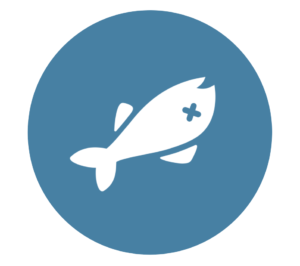 Over-exploitation of fishery resources exacerbated by unselective and sea-bed impacting fishing gears
Over-exploitation of fishery resources exacerbated by unselective and sea-bed impacting fishing gears
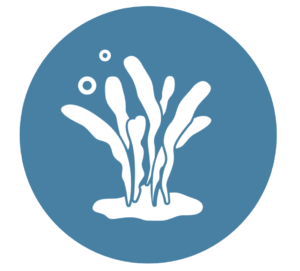
Pollution of coastal waters, including from intensive aquaculture plants
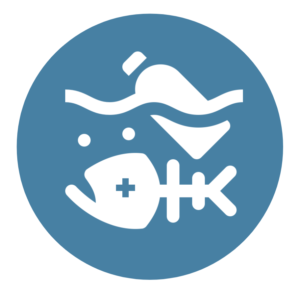 Massive loss of marine biodiversity and key habitats, weakening the resilience of ocean ecosystems
Massive loss of marine biodiversity and key habitats, weakening the resilience of ocean ecosystems
Small-scale low impact fishing could be part of the solution…
… but 90% of the fishing opportunities are allocated to larger scale interests, and quota management favours the concentration of fishing rights in ever fewer hands. This means that small-scale fishers face unfair competition both for access to fish stocks and to markets, where bulk landings from larger scale operations have a depressing effect on prices, making small-scale fishers price-takers. All this is resulting in:
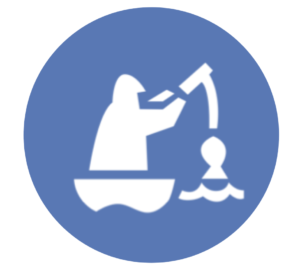
Low-impact fishing losing viability
Lack of generational relief
 Loss of jobs
Loss of jobs
Coastal communities in decline
The solution provided by LIFE
Uniting and empowering small-scale fishers as key environmental and social change agents
By providing strong and effective representation for committed small-scale fishers, and by giving a voice and support to their associations at local, regional and European level, LIFE is being part of the necessary systemic change.
LIFE works along 5 main lines that together address system change:

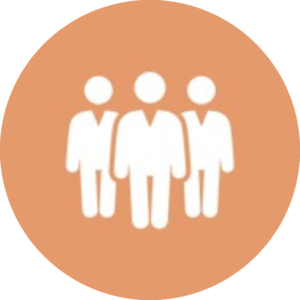 As a representative body with a single, unified and dedicated voice at EU level.
As a representative body with a single, unified and dedicated voice at EU level.
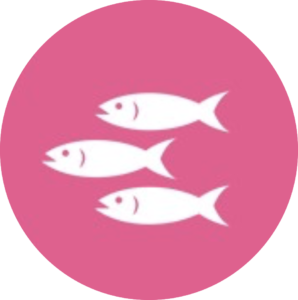 As a lobbying body, advocating for fair and sustainable fishing policies with low impact SSF at the centre.
As a lobbying body, advocating for fair and sustainable fishing policies with low impact SSF at the centre.
 As a support body, building the capacity of SSF and their organisations to become actors of change.
As a support body, building the capacity of SSF and their organisations to become actors of change.
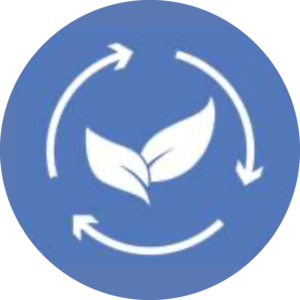 To develop a sustainable and fair food system, initiated with partners in the “Foodnected” project.
To develop a sustainable and fair food system, initiated with partners in the “Foodnected” project.
 Through a new approach to training that attracts, motivates and supports younger fishers.
Through a new approach to training that attracts, motivates and supports younger fishers.
Sustainable Development Goals
LIFE is working with its members and with policy makers to achieve 6 out of the 17 UN Sustainable Development Goals.
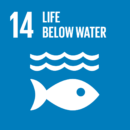
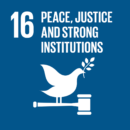
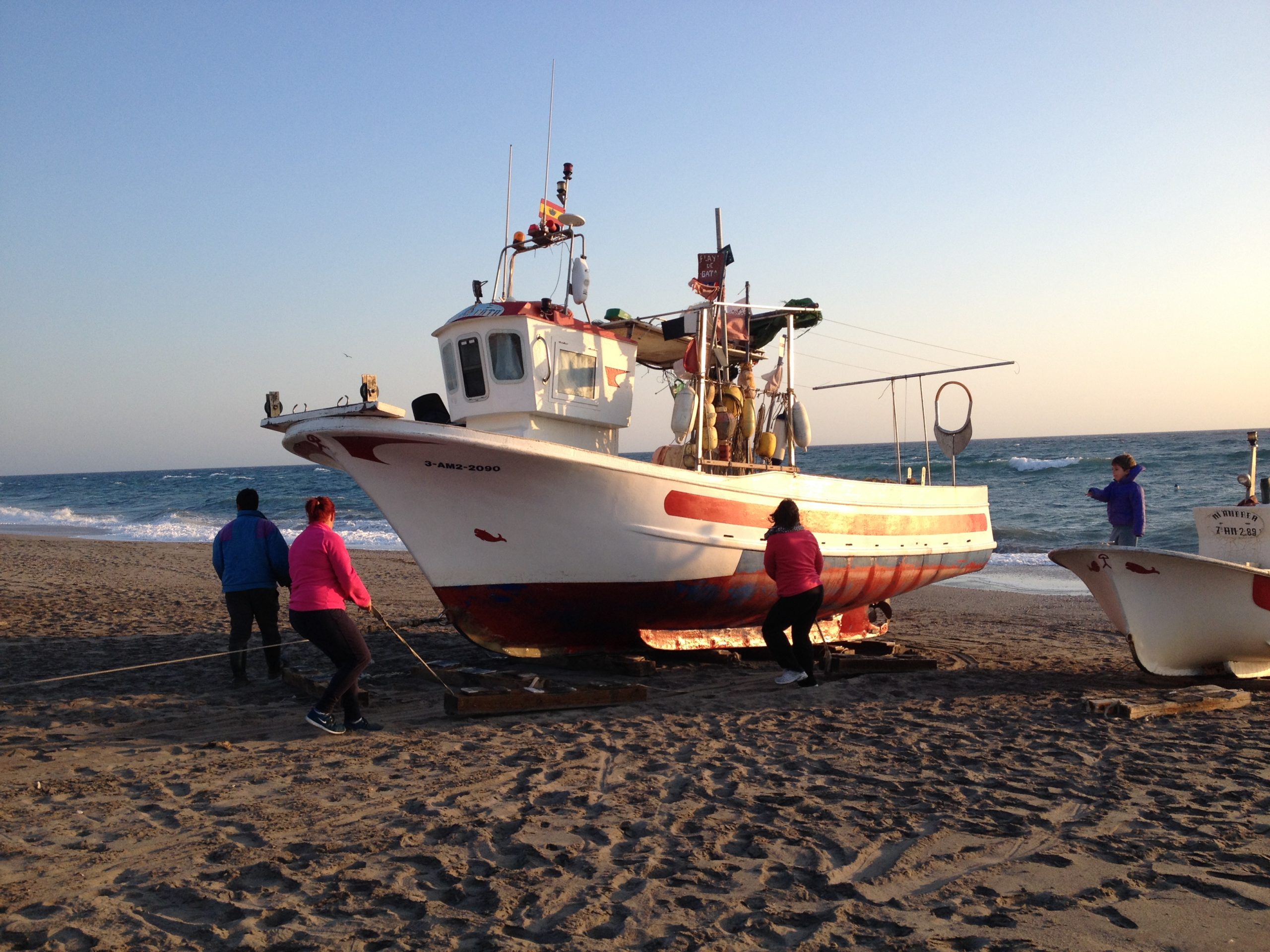
LIFE’s work aim to ensure:
High Social Impact
Low Environmental Impact
Fair access to resources and fishing grounds
Fisheries are managed in a sustainable and inclusive way, free from privatisation and taking into account economic, social and environmental factors
Fair access to markets
Fishers become empowered “price makers” enabled to negotiate a fair price for their products that reflects their quality and social value
Participative decision making and improved governance
Small-scale fishers engage as equals with other interested parties to formulate local, national and European fishing policies and management
Sustainable and fair food systems
Direct sales and short value chains are developed, helping local economies to thrive and allowing consumers and fishers to have direct and transparent relationships
Women in fisheries are visible and recognised
The role of women is recognized and their work is fairly rewarded thanks to our partnership with AKTEA
Generational relief
Young people are motivated to be young low impact fishers
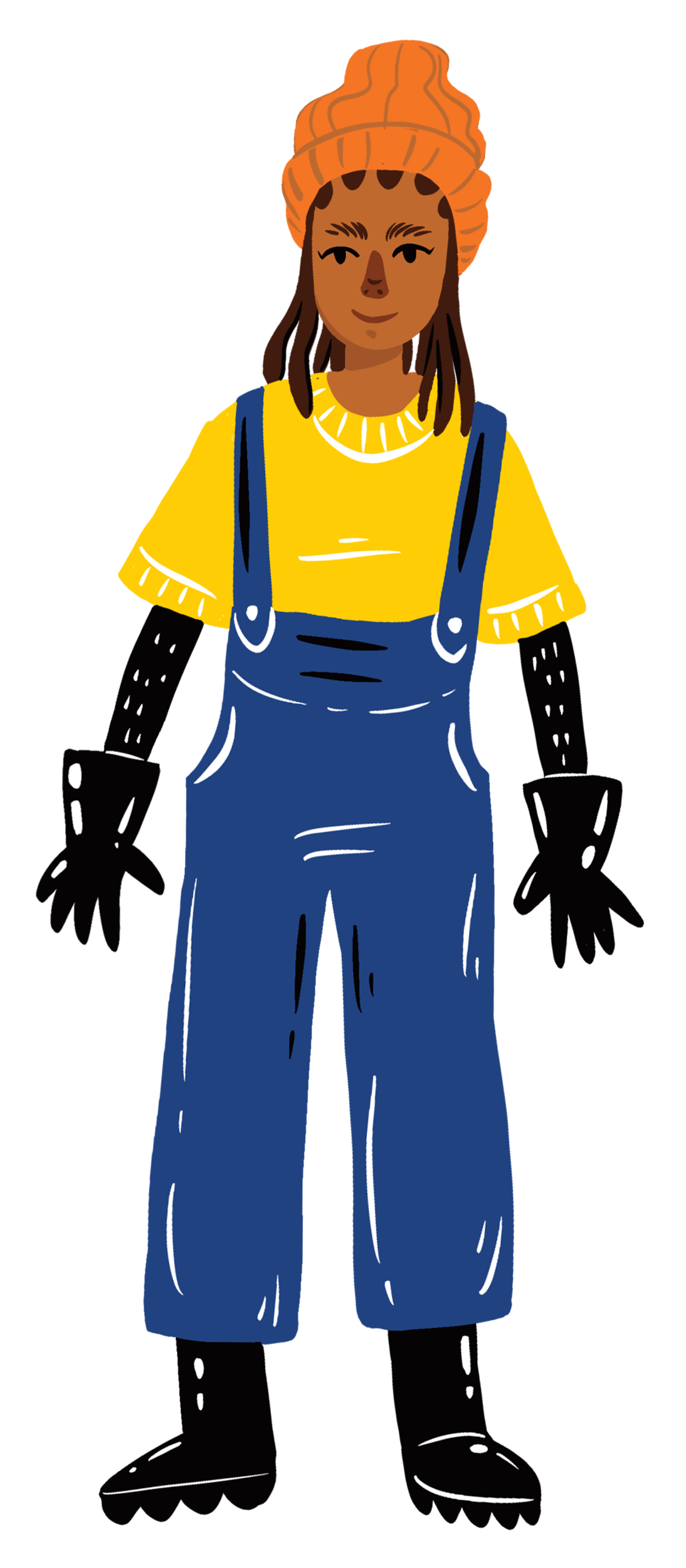
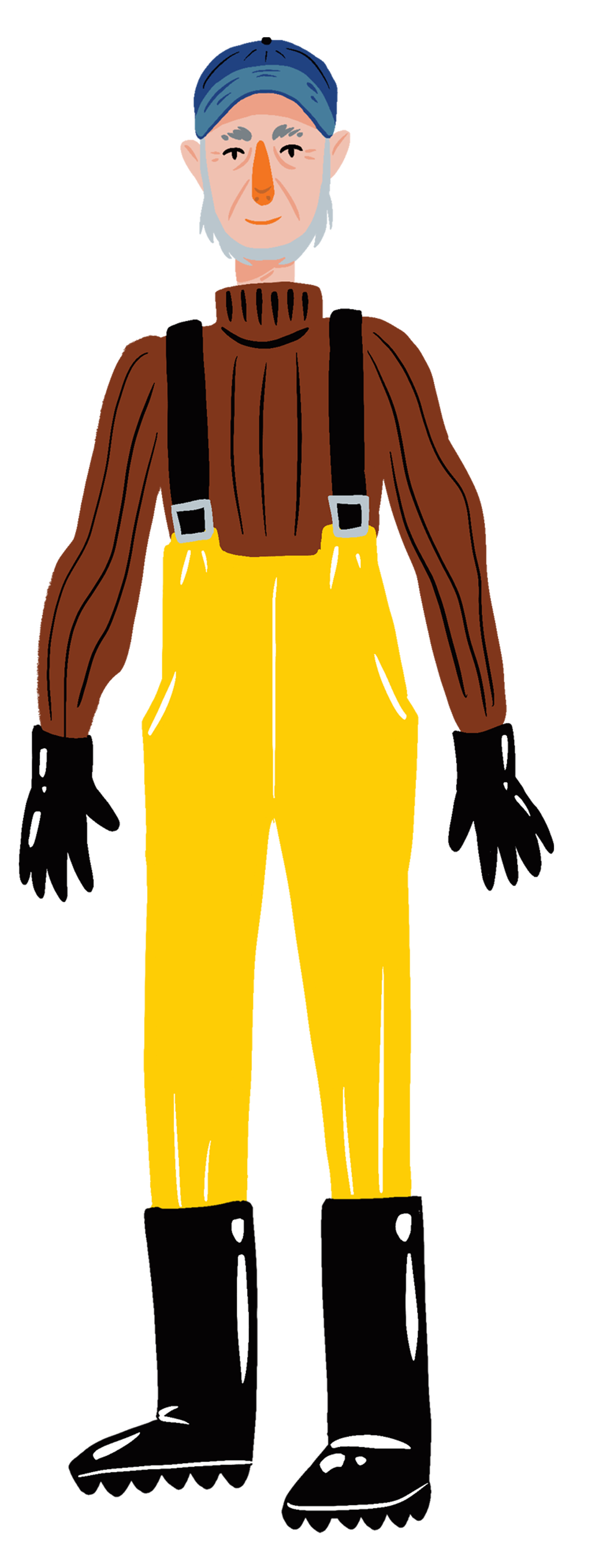
Low impact fishing techniques
Fishers use the most appropriate methods, minimising impact on fish stocks, biodiversity and the marine environment, and adapting to climate change
Recovering fish stocks
Fish migrate, grow and reproduce, each has an appropriate season to be caught and respected by low impact SSF fishers. They promote management plans and MPA when they are in the heart of decision making process
Fully documented fisheries and TEK is valued
SSF contributes to achieving fully documented fisheries. Traditional ecological knowledge is valued and integrated with marine science into fisheries management.
Low Footprint
Prevent pollution, encourage decarbonization and optimize resource use so that food production and consumption contribute to respecting the biophysical limits of our planet.
LIFE’s strategy 2021-2025
LIFE was launched in 2012, became operational in 2015 and in 2020 had secured its position as the first European-wide organisation dedicated to providing exclusive representation and support to European small-scale fishers.
LIFE’s Strategic Plan for 2021-25 is based on a theory of change that has been validated through a process of consultation with a wide range of key stakeholders. LIFE’s vision is for European small-scale low-impact fishers to become masters of their future and custodians of the sea. They will be economically independent, contributing to prosperous coastal communities and environmental sustainability of the oceans.
